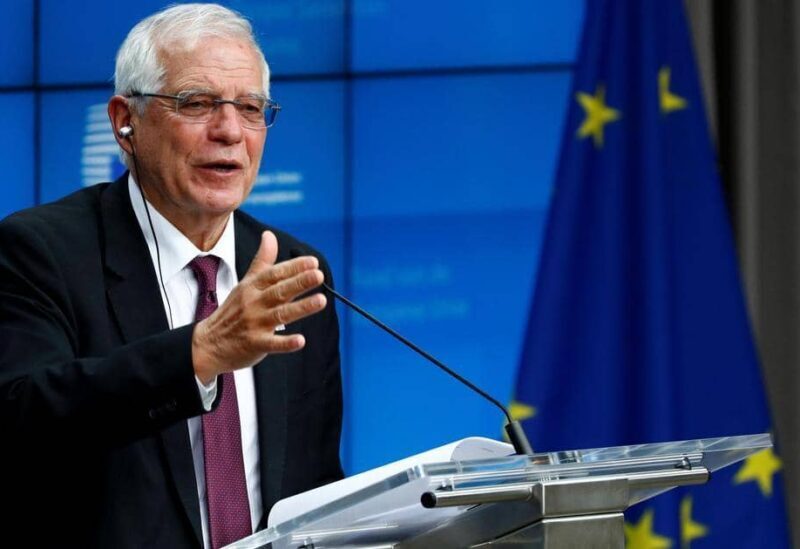
European Commissioner for Foreign Policy Josep Borrell
The European Union vowed actions against the perpetrator of gas pipeline damage in the Baltic Sea on Wednesday, saying the breaches were “not a coincidence.”
“The European Union is profoundly worried by damage to the Nord Stream 1 and 2 pipelines, which has resulted in leaks in international seas of the Baltic Sea,” said the EU’s top diplomat, Josep Borrell, in a statement.
“We will assist any inquiry aimed at obtaining complete clarification on what happened and why,” the statement said, adding that “we will take additional actions to strengthen our resilience in energy security.”
His remarks come after three leaks were found in the pipelines, which carry gas from Russia to Europe via the Baltic Sea. The pipelines are situated in international waters but in the exclusive economic zones of Denmark and Sweden off the Danish island of Bornholm.
Denmark’s defense minister, Morten Bodskov, met with NATO Secretary General Jens Stoltenberg on Wednesday to discuss possible responses to the incidents.
“All available information indicates those leaks are the result of a deliberate act,” Borrell said in the statement, issued on behalf of the 27 EU member countries.
“Any deliberate disruption of European energy infrastructure is utterly unacceptable and will be met with a robust and united response,” he added.
“These incidents are not a coincidence and affect us all.”
Three unexplained gas leaks occurred on the Nord Stream 1 and 2 pipelines on Monday. They were preceded by two large explosions that were registered by seismologists.
The pipelines are both filled with natural gas but are not delivering the fuel to Europe amid tensions with Russia caused by its illegitimate invasion of neighboring Ukraine.
Analysts say the damage would likely prevent the pipelines from transporting any gas to Europe even if the political situation changed to allow deliveries. The Nord Stream 1 pipeline has already been used to supply gas, while the Nord Stream 2 pipeline was ready to go into operation before the war in Ukraine put a stop to the venture.
Although European authorities are strongly of the opinion that the damage was deliberate, no pointers have yet emerged as to who might have caused it or why.